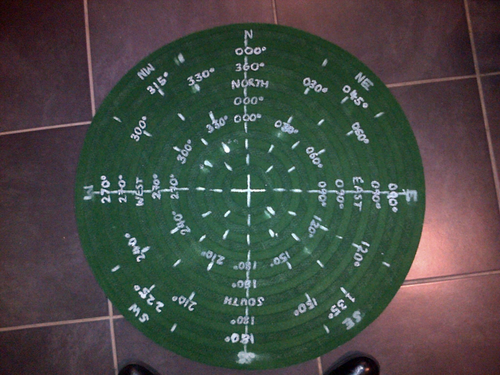Maths & Cross-Curricular Resources
My time zone and your time zone may be the same time zone. Maybe midnight for you and midnight for me are the same. Your month and my month could be the same month. But they could be different. Not every day. Not all the time. Not everywhere. But some times in some places on some days. Perhaps even on the day this was written.





